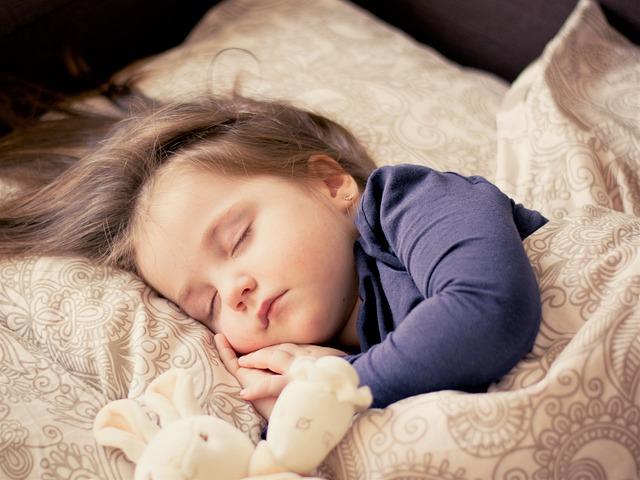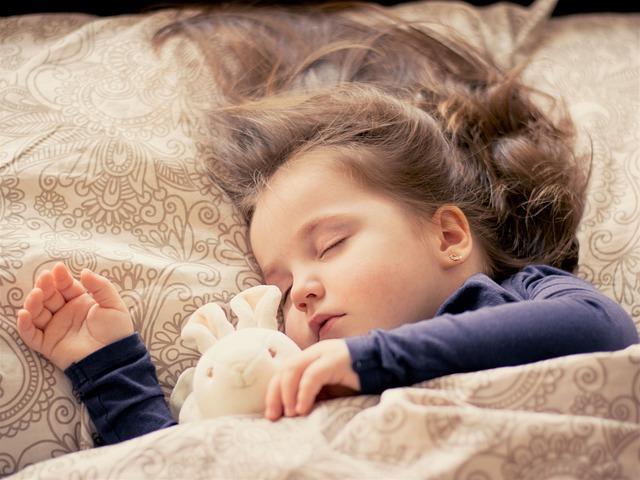In the hushed hours of the night, when the world slows its frenetic pace, a ritual unfolds in countless bedrooms: screens are dimmed, lavender scents waft gently through the air, and the promise of a restful slumber beckons. This is the practice of sleep hygiene, a term that has tiptoed into the lexicon of modern health discussions with the stealth of a midnight breeze. Yet, as its popularity grows, so too does the debate surrounding its true significance. Is sleep hygiene the golden key to unlocking a night of rejuvenating rest, or has its role been inflated in the narrative of health and wellness? This article delves into the heart of this discussion, exploring whether the emphasis on sleep hygiene is a crucial component of our well-being or simply a well-packaged myth in the ever-evolving dialogue of health.
Exploring the Origins of Sleep Hygiene: A Modern Health Phenomenon
Delving into the roots of what we now refer to as “sleep hygiene” unveils an intriguing journey through time, where societal norms and scientific discoveries have intertwined to shape our understanding of rest. Although the term itself is relatively modern, the principles behind it have been considered for centuries. Ancient civilizations often emphasized the importance of restorative sleep, albeit through different lenses, such as spiritual or natural cycles. In today’s world, however, sleep hygiene has been catapulted into the spotlight, lauded as a crucial component of a healthy lifestyle. But does its prominence overshadow other equally important health practices?
- Historical Insights: Early civilizations often viewed sleep as a mystical or spiritual act, with some societies establishing rituals to ensure a good night’s rest.
- Scientific Advancements: The 20th century brought significant scientific progress, linking sleep quality with physical and mental health, leading to the popularization of sleep hygiene.
- Modern Interpretation: In contemporary health discussions, sleep hygiene has become a buzzword, encompassing various practices like maintaining a consistent sleep schedule and creating a conducive sleep environment.
While it’s clear that promoting good sleep practices is beneficial, there’s a burgeoning debate about whether the focus on sleep hygiene is disproportionate. Critics argue that this emphasis might lead individuals to overlook other critical health behaviors, such as nutrition and physical activity, which are equally vital in maintaining overall well-being. As we navigate the complexities of modern health discourse, it becomes essential to strike a balance, ensuring that the pursuit of optimal sleep does not eclipse other fundamental aspects of a healthy lifestyle.

Analyzing Scientific Evidence: Do Sleep Habits Truly Impact Health?
In the realm of health discussions, the role of sleep habits has sparked considerable debate. The question remains: is the emphasis on sleep hygiene truly justified, or has it been exaggerated? Scientific evidence suggests that while sleep undoubtedly plays a crucial role in various physiological processes, the extent to which sleep habits influence overall health is complex. Researchers have identified key areas where sleep impacts health, such as:
- Metabolic function: Poor sleep has been linked to metabolic disorders, including obesity and diabetes.
- Mental health: Insufficient sleep can exacerbate conditions like depression and anxiety.
- Immune system: Quality sleep is vital for immune system resilience.
However, it is essential to acknowledge that individual variability plays a significant role. Not everyone responds to sleep deprivation in the same way, and genetic factors may influence how sleep—or the lack thereof—affects a person’s health. Moreover, while sleep hygiene practices such as maintaining a consistent sleep schedule and creating a restful environment are widely recommended, they may not hold the same weight for everyone. The ongoing exploration of sleep’s impact on health calls for a balanced perspective, acknowledging both the potential benefits and the individual differences that might render generalized advice less effective.

Balancing Sleep Advice: When Hygiene Becomes Stressful
In the quest for a perfect night’s rest, many have turned to the principles of sleep hygiene, which include guidelines like maintaining a regular sleep schedule, creating a restful environment, and avoiding caffeine before bed. While these practices can certainly be beneficial, the constant emphasis on adhering to them can sometimes transform a helpful routine into a source of anxiety. The pressure to follow every rule perfectly might lead individuals to feel overwhelmed, especially when they struggle to meet these expectations consistently.
- Consistency over Perfection: Rather than obsessing over every detail, focus on establishing a few key habits that fit naturally into your lifestyle.
- Listen to Your Body: Pay attention to what works best for you personally, as sleep needs can vary widely among individuals.
- Flexibility is Key: Allow yourself the grace to adjust your routine as needed, recognizing that life’s demands can sometimes interfere with ideal sleep patterns.
By adopting a more balanced approach, sleep hygiene can become a supportive framework rather than a rigid checklist. It’s important to remember that the ultimate goal is to foster a healthy relationship with sleep, one that nurtures both body and mind without adding undue stress.

Practical Tips for Realistic Sleep Improvement
Improving sleep isn’t just about avoiding caffeine or dimming the lights—it’s about cultivating habits that genuinely work for you. Here are some practical tips that can make a significant difference:
- Consistent Sleep Schedule: Try to go to bed and wake up at the same time every day, even on weekends. This helps regulate your body’s internal clock.
- Mindful Relaxation Techniques: Incorporate activities like reading, meditation, or gentle yoga before bed to signal to your body that it’s time to wind down.
- Evaluate Your Sleep Environment: Ensure your bedroom is conducive to sleep—consider blackout curtains, a comfortable mattress, and a cool room temperature.
- Limit Screen Time: Reduce exposure to screens at least an hour before bedtime. The blue light emitted can interfere with the production of melatonin, the hormone responsible for sleep.
- Monitor Your Diet: Be mindful of what you eat and drink before bed. Heavy meals, caffeine, and alcohol can disrupt sleep quality.
By focusing on these actionable steps, you can tailor a sleep routine that aligns with your lifestyle and needs, moving beyond the generic advice often found in discussions about sleep hygiene.
